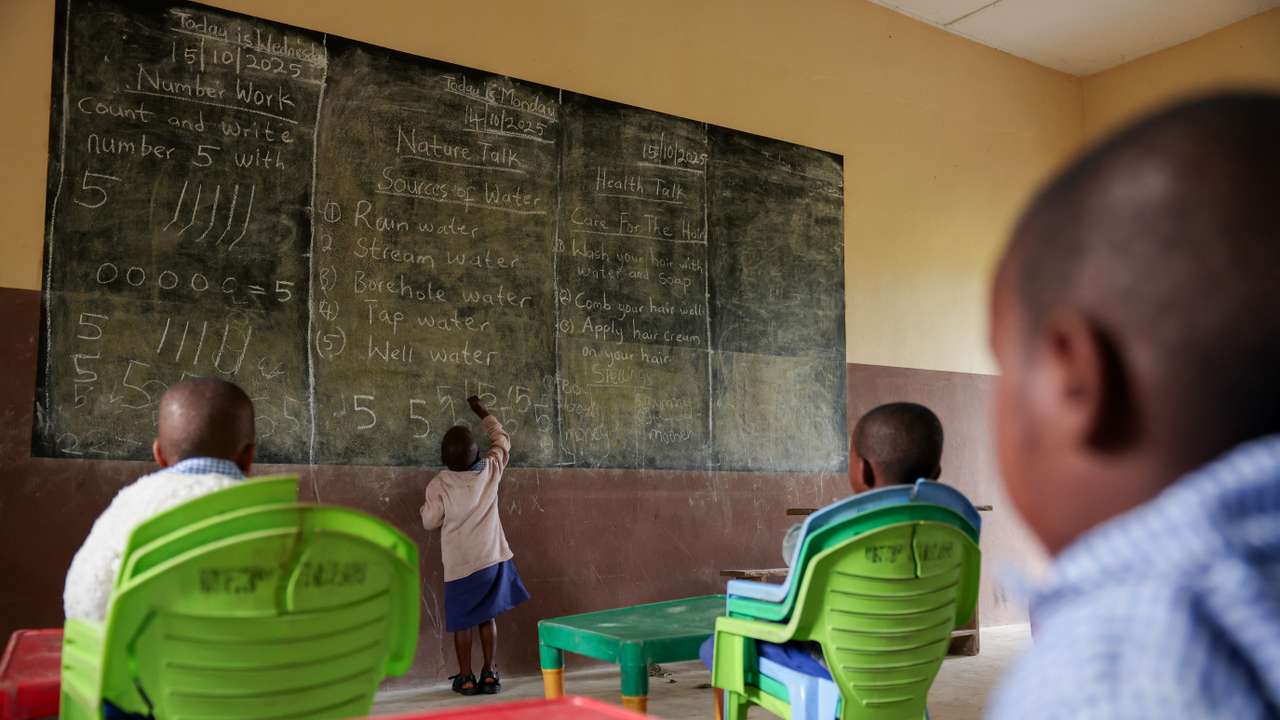Why Nigeria cancelled mother-tongue teaching and returned to English in schools

Nigeria has reversed one of its most significant recent education reforms, cancelling the use of indigenous languages as the medium of instruction in schools and reinstating English across all levels of learning.
The decision, announced by Education Minister Dr. Tunji Alausa, has sparked renewed debate about how best to improve learning outcomes in a system already burdened with deep structural challenges.
The National Language Policy, introduced in 2022, required that children from Early Childhood Education to Primary Six be taught primarily in their mother tongue or the dominant language of their community.
It was designed to strengthen indigenous languages, build cultural identity, and boost comprehension among young learners.
Speaking at the 2025 Language in Education International Conference in Abuja, Dr. Tunji Alausa said the policy had failed to meet its objectives. According to him, the reversal was approved at the 69th meeting of the National Council on Education (NCE) held in Akure, Ondo State.
Alausa argued that evidence from national assessments shows that regions which adopted the mother-tongue approach most aggressively performed worse academically.
“We have seen a mass failure rate in WAEC, NECO, and JAMB in certain geo-political zones of the country, and those are the ones that adopted the mother tongue in an oversubscribed manner,” he said.
Calling the move “evidence-based governance,” he said: “English now stands as the medium of instruction from pre-primary to tertiary education.”
The minister went further, stressing that more than a decade of expanded use of indigenous languages in classrooms had contributed to declining standards. He said it “has literally destroyed education in certain regions,” arguing that policymaking “must be guided by facts rather than emotions.”
According to the minister, a national performance review found that pupils taught primarily in local languages recorded higher failure rates in national examinations. These pupils also showed weaker English proficiency, a skill considered essential for higher education, careers, and participation in the global economy.
“The national policy on language has been cancelled. English now stands as the medium of instruction across all levels of education in Nigeria,” Alausa reiterated.
He invited researchers who disagree to provide evidence, saying the government remains open to dialogue backed by “research and measurable outcomes.”
The reversal is being paired with new investments in teacher training and literacy improvement. Minister of State for Education, Prof. Suwaiba Ahmed, said the government is designing a nationwide training programme to strengthen early learning.
This story is written and edited by the Global South World team, you can contact us here.